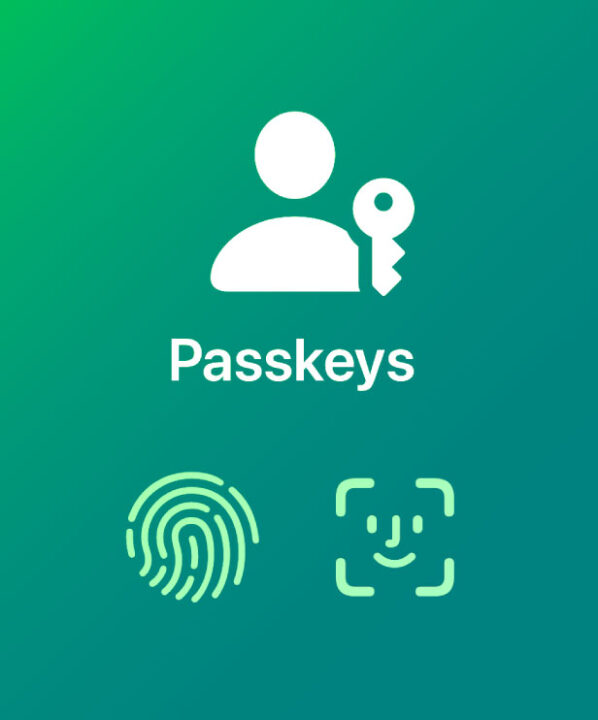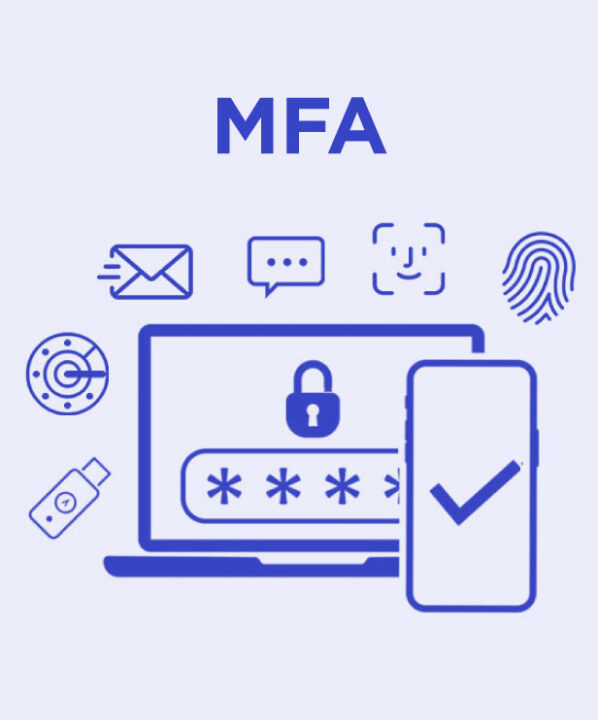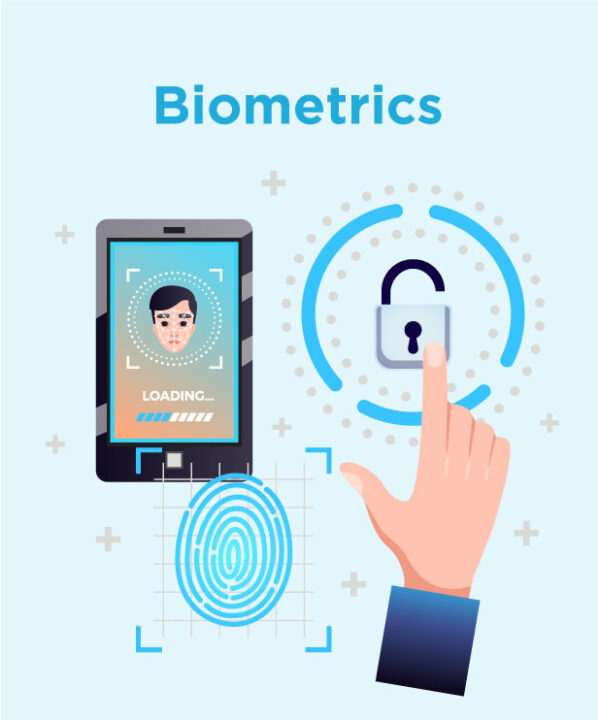What if your password, which you use on a daily basis, becomes your largest security risk? They have changed from being a dependable security measure to a serious weakness in today's digital environment. The hazards have only increased due to human practices like using weak passwords again and hackers' use of sophisticated technologies like automation and generative AI.
This blog explores the reasons why passwords are no longer effective, as well as innovative solutions like passkeys, multi-factor authentication, and biometrics that promise a safer, password-free future for digital security. Let’s start!
Why are Passwords Irrelevant?
They have existed for thousands of years. They were used by Roman troops to identify other soldiers and by Americans to gain entry to speakeasies during the Prohibition era. The first computer password was created in the early 1960s by a Massachusetts Institute of Technology (MIT) researcher. A doctoral student printed a list of passwords to increase his allocated computer time, and that was nearly immediately followed by the first attack.
It was soon shown by the MIT case that passwords are not error-free. Technical constraints and human nature are the main causes of the issue. 22 accounts are held by the average individual who brings up a new window. Almost two dozen complicated passwords are virtually hard to remember and combine. Many individuals thus use the same password for different accounts.
People turn to easy ways to remember so many logins, such as pet names or the legendary "password123." However, these can be easily guessed. Furthermore, credential stuffing is possible with even little changes. There is also the possibility of social engineering and phishing. Malicious actors fabricate authentic-looking emails, messages, or webpages to fool users into unintentionally disclosing personal information. A fraudster may readily access the remaining accounts of people once they have one password.
The availability of inexpensive cloud computer resources, automation, and generative AI all compromise password security. By enabling credential stuffing, bots enable hackers to test credentials they have acquired on a huge scale. Automation tests hundreds of password combinations and does brute force assaults as well. Meanwhile, even the most knowledgeable person might be duped by GenAI's ability to create increasingly realistic phishing assaults.
Given these advancements, companies need to strengthen their login security.
What Are the Latest Alternatives to Passwords?
Passwords are problematic, but are there any better options? Fortunately, that's true. Indeed, some of them are probably going to fundamentally alter the way we think about digital security in general and logins in particular.
Passkeys

Imagine a time when you won't ever need to remember a password. The promise of passkeys is that. Passkeys employ cryptographic keys that are kept on your device to log you in rather than using passwords. Password-free access is possible if you pair your computer, smartphone, or password manager with a reliable provider.
Better still, passkeys are extremely safe against phishing scams. Because they don't need you to enter your login credentials, fraudsters are unable to fool you into disclosing them. Since it eliminates the need to remember and save hundreds of complicated passwords, it seems sense that IT companies are putting a lot of effort into passkey integration.
Multi-Factor Authentication (MFA)

Even though multi-factor authentication is not new, it is still one of the best ways to secure accounts. It functions by fusing a password with an extra code that is either sent to your phone or—ideally—generated by an authenticator app. In this manner, the attacker still must get through another layer, even if one is compromised.
MFA is trusted by banks and healthcare institutions for good reasons.
Biometrics

When biometric authentication works well, it might seem a bit like magic. Examples of this include fingerprint scanning and face recognition. Using your body, which you always have access to, biometrics are not only incredibly safe but also quite simple to utilize. It's little wonder they've become standard on contemporary gadgets like computers and cellphones.
Additionally, they may be immediately linked to passkey authentication, which instantly doubles the security/simplicity metric.
Why Should You Go Passwordless Today?
By removing the dangers of using weak passwords and reusing them across several accounts, passwordless authentication provides a safe substitute for conventional passwords. Data breaches and account takeovers are less likely as a result.
Because password fatigue can result from having to remember several passwords, passwordless authentication also improves the user experience. Furthermore, it lowers helpdesk expenses by doing away with the necessity of password resets, which might result in lost productivity.
Implementing passwordless authentication can increase productivity by saving users from having to wait for password resets and freeing up IT personnel to concentrate on enhancing the organization's infrastructure. Employee productivity might increase because of concentrating on lucrative initiatives. All things considered, passwordless authentication provides a more effective and safe option for businesses.
Take a Step Toward Safety!
Because passwordless authentication offers better security, lowers the chance of breaches, and improves user experience, it is quickly becoming essential for both consumers and enterprises.
Operational advantages include less IT effort and increased worker productivity. In a world that is becoming more interconnected, using contemporary authentication techniques guarantees data security and effectiveness.
We hope you have enough knowledge regarding passwords. For more insightful content, visit us at WisdomPlexus.
Recommended For You:




